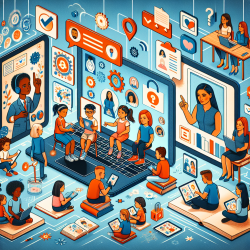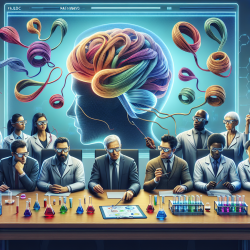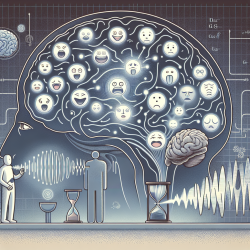Unlock the Secret: How Donald A.B. Lindberg Revolutionized Health Informatics!
The field of biomedical and health informatics has undergone a remarkable transformation over the past few decades, thanks in large part to the visionary leadership of Donald A.B. Lindberg, M.D., during his tenure as Director of the U.S. National Library of Medicine (NLM). His contributions have laid the groundwork for modern informatics practices that are crucial for practitioners today, including those involved in online therapy services like those provided by TinyEYE.
Understanding Lindberg's Impact
Lindberg's tenure at the NLM from 1984 to 2015 was marked by groundbreaking advancements that have shaped the way we access and utilize biomedical information. His work has influenced the development of laboratory information systems, early computer-based diagnostic tools, and the integration of disparate resources to solve complex medical problems.
Practitioners looking to improve their skills can learn from Lindberg's approach to problem-solving: identify a novel challenge, gather the necessary resources, and create innovative access methods. This methodology is not only applicable to health informatics but can also be adapted to enhance online therapy services.
Key Transformations Under Lindberg's Leadership
- Integration of Information Systems: Lindberg was instrumental in integrating clinical, research, and educational resources, fostering a comprehensive approach to health informatics.
- Development of Training Programs: The NLM's T15 training grants and informatics short courses have trained over 1,000 future leaders in the field, promoting a culture of collaboration and innovation.
- Creation of Information Infrastructure: Projects like the Unified Medical Language System (UMLS) and the National Center for Biotechnology Information (NCBI) have revolutionized how we access and utilize biomedical data.
Applying Lindberg's Legacy to Online Therapy
For practitioners in the field of online therapy, Lindberg's legacy offers valuable lessons. By leveraging integrated information systems, therapists can enhance their service delivery and improve client outcomes. Training programs inspired by Lindberg's initiatives can equip practitioners with the skills needed to navigate the complexities of digital health resources.
Moreover, the emphasis on creating interconnected databases and advanced access tools can be applied to the development of online therapy platforms, ensuring that practitioners have the resources they need to provide effective care.
Encouraging Further Research
Practitioners are encouraged to delve deeper into the research and contributions of Donald A.B. Lindberg and the NLM. By doing so, they can gain insights into the transformative power of health informatics and explore ways to apply these principles to their practice.
To read the original research paper, please follow this link: Donald A.B. Lindberg and the U.S. National Library of Medicine transformed biomedical and health informatics.










